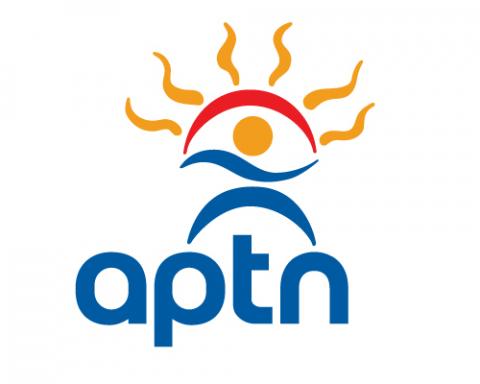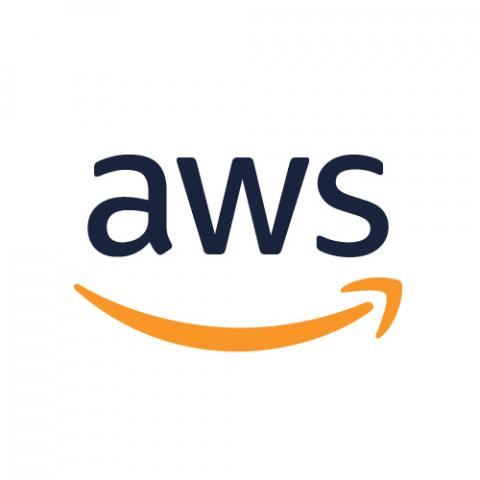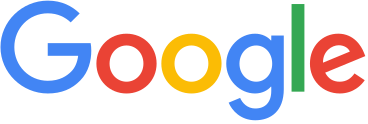The WCT-FCT Toronto chapter is excited to kick-off our 2019-2020 season on Monday, October 28th, focusing throughout the year on, Unlocking Your Potential. Their first sold out event is a Design Thinking Workshop and Personal Ideation session, graciously hosted at Canada’s Learning Code, and facilitated by The Idea Suite.
The focus on Unlocking Your Potential was chosen because there are so many great opportunities in the GTA to meet new people, network, and grow, but often those first skills in realizing the potential of all these opportunities, and how to best leverage them, can be overwhelming. To kick-off the season our WCT-FCT GTA board have each answered a question about themselves that highlights some Design Thinking principals and demonstrates how they continue to unlock their potential. If you’re attending on the 28th, make sure to introduce yourself to a member of the board or attend our next event, December 2nd, on Building Your Personal Brand and #Rockingyourprofile on LinkedIn – registration coming soon!
Rekha Rao-Mayya – Chair and Sponsorship Lead
Country Manager, GSI/SI Services Partners - Microsoft
What life skill or attribute do you have that you brought into the workplace that surprised you?
My parents tell me that as a child, I exasperated everyone around me with the thousand “Why” questions that I asked. The need to know more, to dig deeper, to ask that one additional question is a trait that I have taken with me through my career. I have to admit that this trait made me very nervous, early in my career. I felt the pressure to “know it all” and tried to bottle up my questions. I have discovered now that it is much more productive to be a “learn it all”, and over time, I have overcome my reticence about asking questions.
Surprisingly, my curiosity has helped me become a strong (and also lazy!) coach. I am frequently told that I am a great problem solver. The truth is, when my team comes to me with challenges, I ask a ton of questions and by the time they have answered the first 5 questions, they have actually discovered the answer to their challenge. My curiosity only augments the process of problem solving that each one of us inherently has.
Irena Zhivov – Events Lead
Director, Resource Management at Rogers Communications
What lesson have you taken from one part of your life and applied to a completely other part of your life?
For the past 20+ years I have had a fairly serious running hobby. While I don’t win many races or even come in the top 10, I find that it has become a huge part of my life and that it has absolutely carried over to both my personal and professional life. It has taught me that working toward a goal (any goal) can be very satisfying and building a plan and executing it can be applied to any work project as well as a personal target. I have met many people through running, enriching not only my friendships, but my professional network as well. I have also been able to leverage my hobby to involve people at work to help strengthen relationships and build a better community. I think being passionate about anything can help enrich us to be better parents, friends and colleagues.
Ashley Jones – Marketing and Communications Co-Lead
Innovation Director – The Idea Suite
What makes you a generalist vs. a specialist and how has this contributed to your success?
My friends and family will joke that when it comes to ice cream, I have multiple favorites – and when asked trivia questions, I can’t give one answer, but usually three. It’s not because I’m indecisive or noncommittal, but that I’ve always taken great interest and joy in curiosity and perspective. I used to think that meant I would never be able to find the ‘right’ career or build a path for myself where I was the authority. However, what I realized was that my various pieces of niche knowledge that I’ve explored during the years has provided me a seat at the table in diverse settings with a range of influential and powerful people. I’ve also learned that with this generalist mindset, you can connect with so many people you wouldn’t typically come across. Often at times, I serve as a translator between something further out of one’s comfort zone of knowledge and manage to bring it to a place that doesn’t seem so far removed. Bringing people into a conversation or topic that they would typically remove themselves from, or struggle to participate in, and instead allowing them to see it from a new perspective they can relate to – all of this has contributed to my success, both as a consultant and as a peer.
Fiona Gao – Marketing and Communications Co-Lead:
Senior Director of Marketing – eSight Eyewear
What lesson(s) have you taken from on part of your life and applied to a completely different part of your life?
In my spare time I am a passionate scuba diver, a rescue diver by PADI certification. My partner and I had dived at some of the world’s most breath-taking places where nature comes in mysterious and alluring forms, and where humans are humbled in the face of the untamed power of nature. Being a rescue diver taught me to stay calm even in the most difficult of situations. Whether it is one runs low on air, the current is too strong for the group to stay together, your dive buddy suddenly panic, or you lose sight of your local guide in a completely foreign terrain, the training of my mind on how not to immediately act on compulsions when things go wrong, the rigor of being prepared for all eventualities, and the thought process of always having a contingency plan in place are some of the life lessons I can easily translate into everyday life and the workplace.
Kathy Bodnar – Governance Lead
Director, 5G Strategy at Rogers Communications
What lesson have you taken from one part of your life and applied to a completely other part of your life?
I have really attempted to maintain an approach of being my true authentic self in my personal and professional life. Although it is common to hear the “you do you” phrase in the workplace there is definitely pressure to act in a certain way. Early in my career I received feedback from a very assertive boss that I was “too nice”. I remember feeling very surprised and trying to understand why he was perceiving my approach as an area for improvement given I was able to meet my deliverables and develop strong relationships with coworkers and stakeholders. After some time I actually challenged my boss on the feedback. I think he was quite surprised that I felt the need to discuss his comment. I explained that we have different approaches but it doesn’t mean that mine should change to meet his style or that mine was ineffective and asked him to please be mindful about what feedback he gives in the future. A few years later (when he was no longer my boss but had actually become a mentor), he mentioned how glad he was that I provided him with such great feedback that he could reflect on. Overall, I think it is important that we all stay true to ourselves as we can all learn from one another and should embrace and celebrate our diversity.
Nora Bieberstein – Finance Lead and Membership Co-Lead
Innovation Partnerships Lead, Technology & Operations - Royal Bank of Canada
What are some tips/tools you use to better connect and learn about yourself so that you can apply yourself more generally?
I always thought I was the kind of person that knows herself really well. I’m a planner, a structured individual. I prepare myself for challenging situations and play out various scenarios in my head before they occur, so I am prepared to deal with them. I don’t let my emotions get in the way.
At least that is what I thought until I had the opportunity to participate in a 360 Review at work. The purpose is to ask the people I work with on a daily basis such as my manager, my peers and my direct reports to provide an assessment and feedback on my strengths and areas of improvement as part of a lengthy survey. When I got the results, I was blown away. There were so many constructive observations and comments that I would have never thought about myself. Areas where I thought I was strong, turned out to show significant room for improvement, while I was perceived as strong in areas I considered myself to be weak at.
It was an eye-opening experience and paved the way for a new path of self-discovery for me. It helped me to understand that there are so many things I can learn about myself. It led me to explore other great tools of self-exploration such as life-coaching, meditation, journaling and holistic nutrition. Not everything may have worked or drastically improved my life but the journey of connecting and learning about yourself is worthwhile and opens up new ways of thinking, at work and in your personal life.
Donna Whitney – Membership Co-Lead
Channel Lead, Global SI’s – Canada – Check Point Software Technologies, Ltd.
What lesson have you taken from one part of your life and applied to a completely other part of your life?
The one lesson that has stitched its way through my entire live is, face your fear. As a very young (but thinking myself much older than I was) girl I always wanted to be a singer in a rock band. I somehow managed to find myself in a band and preparing for our first gig. In the weeks leading up to the fated evening I grew increasingly terrified. I had made every excuse in the world to forfeit the performance, every single excuse, and those excuses grew to a scream as I stepped out on the stage. Despite a world of reasons that I had to NOT do it, I did it anyway.
I was mediocre at best and never made it to be a rock star – but I take with me to this very day that life lesson, breaking through the sheer terror and doing what I set out to do. I think of that little girl and the stage every time I do something that is outside of my comfort zone.





